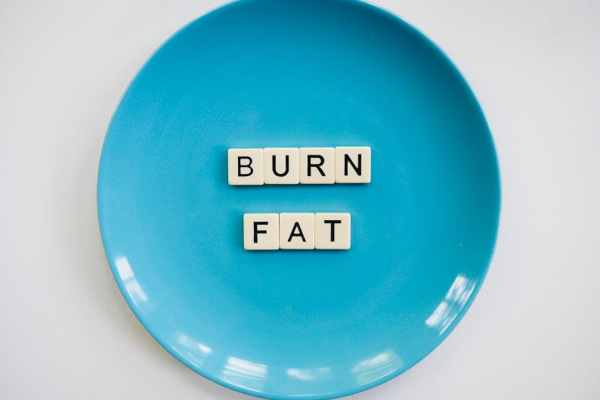 Intermittent fasting is trendy, as it does not require giving up favorite foods.
Intermittent fasting is trendy, as it does not require giving up favorite foods.
Aside from losing weight, you can improve digestion, skin condition, and the quality of sleep. However, not all effects are desirable, and the adjustment period is tough.
Weight loss requires time and effort. Your body cannot adapt to the new eating schedule overnight, and abstaining from food for long periods can be unbearable. While Delta-8 THC disposable can help you relax and reach your goals faster, there are many other things to bear in mind:
1. Hunger
Your body is used to getting food at certain times. Hunger is triggered by ghrelin, a hormone that is released at peak levels at breakfast, lunch, and dinner. In the beginning, it will still make you hungry at previous feeding times.
Gradually (in 1-2 weeks), you will reach the beginning of the eating window without getting hungry. Drink more water, tea, and black coffee to trick your brain. Avoid intense workouts, as they stimulate hunger, and get enough sleep.
2. Cravings
At first, going extra long periods without food can probably make you fixated on it and cause strong cravings. Most probably, you will want desserts and refined carbs as your body will be looking for a quick way to get glucose. Stay busy focusing on other things until the eating window opens. This is when you can indulge a bit.
3. Headaches
Dull headings observed in the first week or two are caused by three things: dehydration, a decrease in blood sugar, and stress hormones. Drink a lot of water throughout the day and try to limit the amount of stress. Use warm compresses, take a rest whenever possible, go for a walk, do something enjoyable like reading, drawing, or playing with pets.
4. Low Energy
During the first couple of weeks, you will experience a lack of energy, as your body will stop getting the constant fuel it expects. Avoid intense exercise and try to exert as little energy as possible. Get more sleep or take power naps during the day.
If the sluggishness is unbearable and interferes with your normal activities, your fasting schedule could be too extreme. Try a softer regimen and give your body time to adapt.
5. Irritability
Hunger causes low energy and cravings, but you will also feel cranky. During the transitional period, you may feel stressed and angry, so focus on things that make you happy. Talk to a friend, watch Netflix, listen to podcasts, do light exercise, or find other ways to cope with stress without eating.
6. Heartburn
Heartburn is caused by the acid released by your stomach for digestion. The effects could be mild or extreme. People who embark on intermediate fasting may burp all day! To alleviate this side effect, drink water and prop yourself up when sleeping and eating. Note that spicy and greasy food exacerbates heartburn.
7. Bloating and Conspiration
 Dehydration may cause constipation and bloat. Drink more water and get enough fiber during your eating windows. This will also help relieve headaches (see above).
Dehydration may cause constipation and bloat. Drink more water and get enough fiber during your eating windows. This will also help relieve headaches (see above).
8. Feeling Cold
Increased blood flow to fat stores in your body (to burn fat for energy) could make your fingers and toes cold. Decreases in blood sugar also cause this feeling. Sip on hot green tea or black coffee, take warm showers, do light exercise and wear extra layers.
Final Word
Check with your doctor before trying intermittent fasting. If you feel extremely dizzy, develop a food obsession, or the negative effects prevent you from fulfilling your responsibilities, this method may not be safe for you.
Become a Harlem Insider!
By submitting this form, you are consenting to receive marketing emails from: . You can revoke your consent to receive emails at any time by using the SafeUnsubscribe® link, found at the bottom of every email. Emails are serviced by Constant Contact








